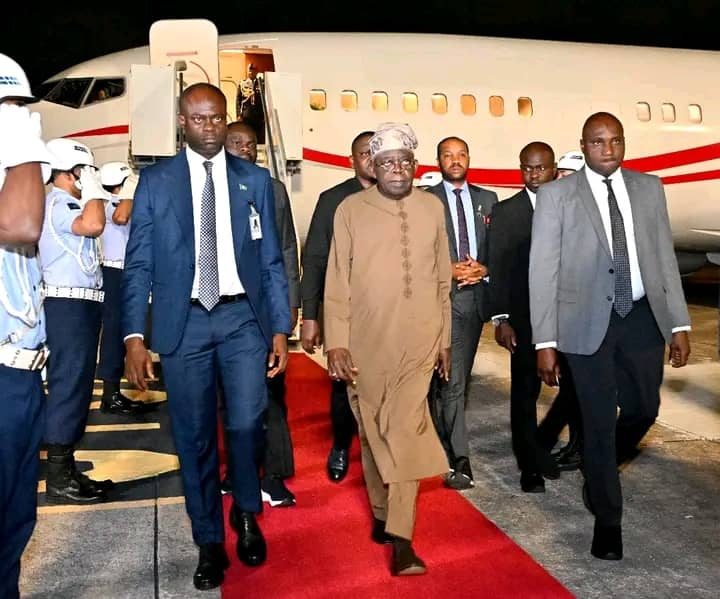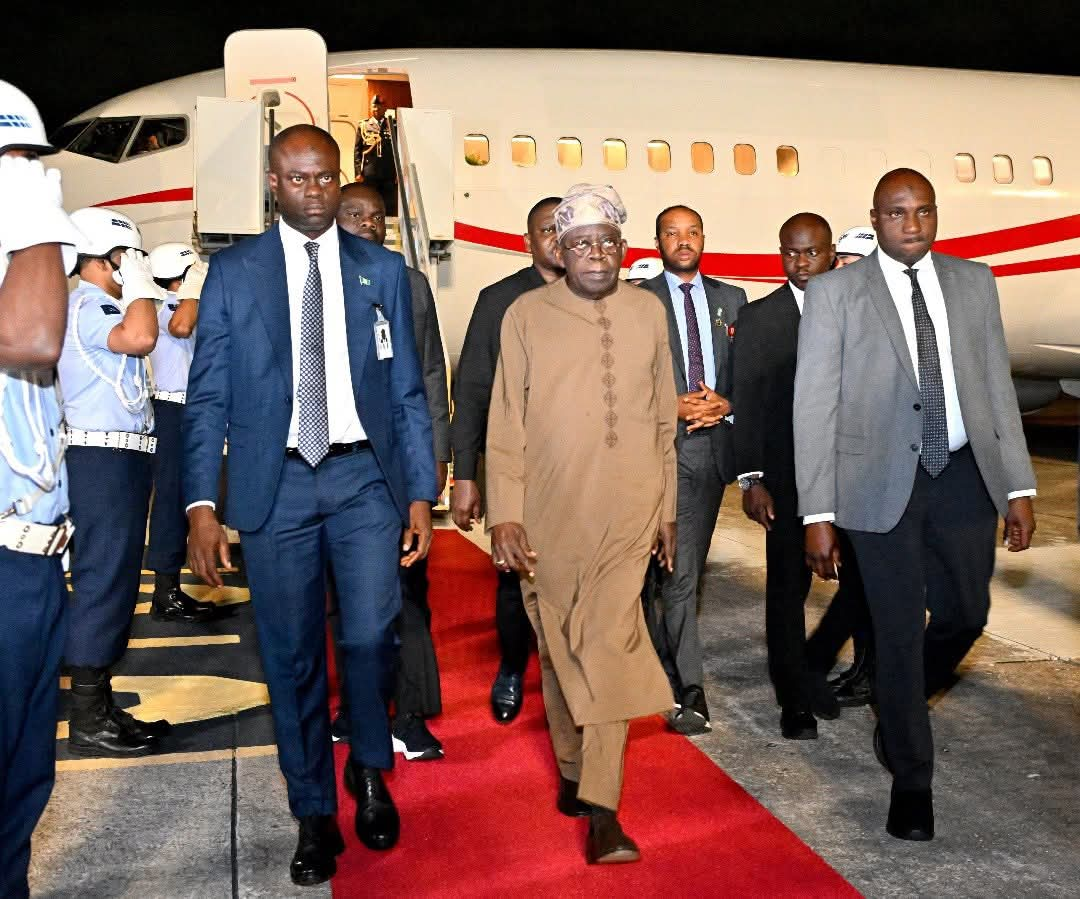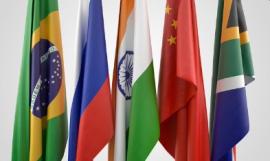Rio de Janeiro is preparing to host the upcoming BRICS summit on Sunday and Monday, with leaders from 11 emerging economies gathering following heightened global tensions and growing unease over the prospect of a second Donald Trump presidency.
Representatives from major nations including China, India, Russia, and South Africa — who collectively represent nearly half the world’s population and around 40% of global GDP — will converge in Brazil’s second-largest city, where security has been significantly increased ahead of the event.
Brazilian President Luiz Inacio Lula da Silva, a key figure in Latin American diplomacy, will oversee proceedings in Xi Jinping’s absence — the first time the Chinese president will miss a BRICS summit. China will instead be represented by Premier Li Qiang.
Russian President Vladimir Putin, who faces an arrest warrant from the International Criminal Court, will not travel to Brazil but is expected to join the summit via video conference, according to the Kremlin.
Iranian President Masoud Pezeshkian, recently embroiled in a brief military clash with Israel and tensions involving the US, will also miss the event, as will Egyptian President Abdel Fattah al-Sissi, a Brazilian official told AFP.
Middle East tensions — particularly the war in Gaza — along with concerns over looming US tariffs, are expected to cast a long shadow over the summit’s discussions.

According to Marta Fernandez, director of the BRICS Policy Center at Rio’s Pontifical Catholic University, the summit is likely to adopt a cautious tone, especially regarding direct references to US foreign policy.
“It’s going to be difficult to mention the United States explicitly in the final communique,” Fernandez said, noting that China in particular is attempting to tread carefully in its dealings with both the Middle East and Washington. With tariff negotiations ongoing between the US and China, now is “not the time to provoke further friction,” she added.
Although BRICS nations struggled to issue a unified response to recent hostilities between Iran and Israel — as well as to US military strikes — Brazil remains hopeful of a shared stance emerging during the summit.
“Historically, BRICS has been able to speak in unison on significant global matters. There’s no reason that shouldn’t happen now, including on the Middle East,” said Brazil’s Foreign Minister Mauro Vieira.
One topic unlikely to gain traction is the long-discussed proposal to develop a BRICS alternative to the US dollar in international trade. According to Fernandez, even raising the matter is increasingly seen as politically risky, given recent threats from Trump to impose 100% tariffs on any country attempting to weaken the dollar’s dominance.
Brazil is also expected to push for common ground on the climate crisis, with the country set to host the COP30 United Nations Climate Conference in 2030.
Other agenda items include the regulation of artificial intelligence and proposals to reform global institutions, particularly as the international order faces growing instability.
“The worsening situation in the Middle East underlines the need to reform global governance and reinforce multilateral cooperation,” Vieira said.
Since its inception in 2009, the BRICS group — initially formed as a counterbalance to Western-led institutions — has significantly expanded. In the past year, Saudi Arabia, Egypt, the UAE, Ethiopia, Iran and Indonesia have joined its ranks.
However, this growth has made reaching consensus increasingly difficult, Fernandez warned. “The group’s expansion has only made it harder to establish a unified position.”








